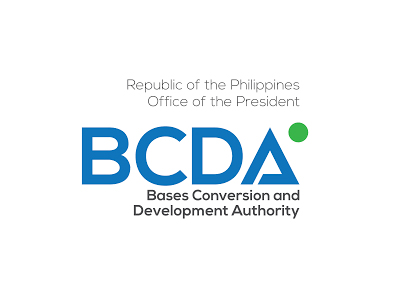State-run Bases Conversion and Development Authority (BCDA) is exploring the use of waste-to-energy technology as a renewable energy solution for the Clark Freeport and Special Economic Zone and New Clark City amid a growing energy crisis and rising global waste production.
BCDA said it is conducting a study to assess the feasibility of a waste-to-energy facility in Tarlac to enhance the power supply and meet the needs of businesses and investors.
It identified waste-to-energy as a viable alternative to landfills, especially in light of the increasing volume of waste both locally and globally.
“By utilizing waste-to-energy technology, we aim to modernize solid waste management, promote green energy, and accelerate Clark’s transition towards a circular economy,” said BCDA president and chief executive Joshua Bingcang.
A 2018 World Bank report, “What a Waste 2.0: A Global Snapshot of Solid Waste Management to 2050”, projects that global annual waste generation will increase to 3.4 billion tons by 2050.
Carbon dioxide-equivalent emissions from solid waste treatment and disposal, largely driven by open dumps and landfills without gas collection systems, reached 1.6 billion tons in 2016 and are expected to rise to 2.6 billion tons by mid-century.
The study for the waste-to-energy facility will cover site selection as well as a technical, environmental, social, legal, financial, and economic analysis to guide the design, construction, operation, and maintenance of the facility.
Upon completion of the study, the BCDA will open the project for public bidding and implement it in accordance with Republic Act 11966, also known as the Public-Private Partnership (PPP) Code of the Philippines.
“With waste-to-energy technology, the BCDA can help reduce greenhouse gas emissions while meeting the energy needs of our community,” Bingcang said.








